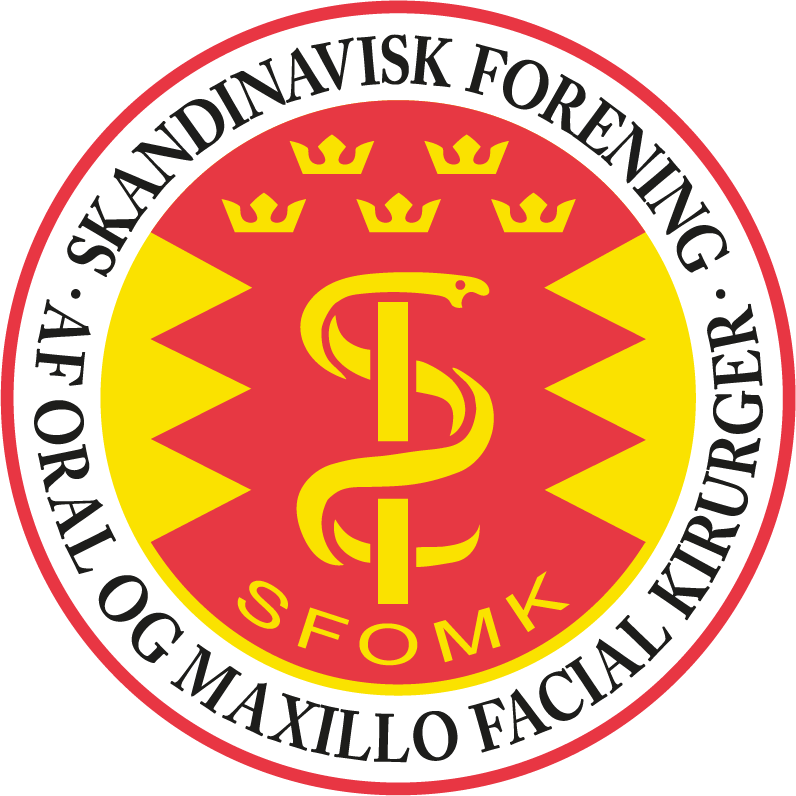Mission
The Scandinavian Association of Oral and Maxillofacial Surgeons (SFOMK)
The Association was founded in Denmark on June 20th 1965. First and foremost the association strives to support and further all developments within the fields of oral and maxillofacial surgery in Scandinavia.
- promoting and coordinating the continuous post-graduation training of the oral and maxillofacial surgeons in Scandinavia.
- promoting research within the fields of oral and maxillofacial surgery.
- spreading knowledge and information of our speciality at meetings throughout Scandinavia, by promoting courses and lectures within our speciality to local associations and providing encouragement for research and publication of papers within all aspects of oral and maxillofacial surgery.
- supporting the national associations within the Scandinavian countries and working towards a uniform training programme and coordination of the requirements of our specialist degree.
- promoting international collaboration within our speciality .
What is an Oral and Maxillofacial Surgeon
An oral and maxillofacial surgeon is a regional specialist surgeon treating the entire craniomaxillofacial complex.
This include the anatomical area of the mouth, jaws, face, skull, as well as associated structures.
Maxillofacial surgeons are usually initially qualified in dentistry and have undergone further surgical training. Some OMS residencies integrate a medical education as well and an appropriate degree in medicine (MD or MBBS or equivalent) is earned, although in the United States there is legally no difference in what a dual degree OMFS can do compared to someone who earned a four year certificate.
Oral & maxillofacial surgery is universally recognized as a one of the nine specialties of dentistry. However also in the UK and many other countries OMFS is a medical specialty as well culminating in the FRCS (Fellowship of the Royal College of Surgeons). Regardless, all oral & maxillofacial surgeons must obtain a degree in dentistry (BDS, BDent, DDS, or DMD or equivalent) before being allowed to begin residency training in oral and maxillofacial surgery.
They also may choose to undergo further training in a 1 or 2 year subspecialty fellowship training in the following areas:
- Head and neck cancer – microvascular reconstruction
- Cosmetic facial surgery
- Craniofacial surgery/Pediatric Maxillofacial surgery
- Cranio-maxillofacial trauma
The popularity of oral and maxillofacial surgery as a career for persons whose first degree was medicine, not dentistry, seems to be increasing. Integrated programs are becoming more available to medical graduates allowing them to complete the dental degree requirement in about 3 years in order for them to advance to subsequently complete Oral and Maxillofacial surgical training.

